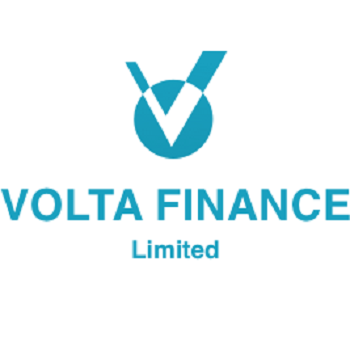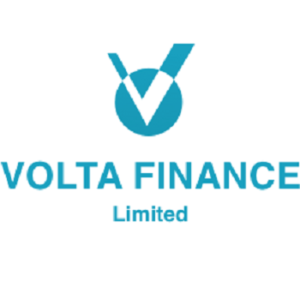Structured products income fund Volta Finance Ltd (LON:VTA) has provided its AXA IM monthly report for March. The full report is attached to this release and will be available on Volta’s website shortly (www.voltafinance.com).
PERFORMANCE and PORTFOLIO ACTIVITY
March saw a good recovery from the losses experienced in February following the Russian invasion of Ukraine. At the end of March, the fund gained 1.5% which leaves the year-to-date performance at -0.8% as some of the uncertainty from the invasion lingers and as consequences on the markets persist.
Turning to the broad asset classes, the monthly performances** were: +1.0% for Bank Balance Sheet transactions, +1.4% for CLO equity tranches; +0.8% for CLO debt; +0.0% for Cash Corporate Credit and ABS (together representing 2.8% of NAV).
In recent weeks, both the US and the European loan markets saw price increases. Relative to end-of-year levels, loan prices are now down by roughly 1% in the US and 1.5% in Europe on average. Similarly, the percentage of loans trading below 85% has barely increased, confirming our initial analysis that there are very few borrowers, both in the European and the US loan markets that have significant exposure (either revenue or production) to the countries directly involved in the crisis (Russia, Ukraine, and Belarus).
The outlook for Volta Finance turns principally, therefore, upon the macro-economic consequences of the war. Especially in Europe, a commodity crisis and the economic sanctions against Russia are increasing recession risks and we lack clarity regarding the length and strength of these issues. In the US, the focus is now more on the abrupt pivot from the US Federal Reserve with a heightened risk of policy error. The Fed is now expected to act rapidly and abruptly to fight against inflation. This is likely to impact housing affordability and household confidence is already declining.
We clearly have entered into a period of more uncertainty and higher volatility in financial markets. As always, it may generate stress with a potential rise in default rates this year and next, but it should also generate opportunities (inside CLOs, buying loans at a discount or new loans with far higher spread and, for Volta being able to purchase BB CLO tranches at an attractive spread).
When looking at the example of the US CLO market, since the Russian invasion on February 24th, the increase of CLO debt spreads (for AAA/AA/A tranches at least) is relatively modest (in the area of 15/20bps) thanks to the solid demand that persists for floating-rate instruments. So that the arbitrage for USD CLO Equity tranches is still good. There has been almost no increase in CCC loan buckets to date and we expect Volta’s ongoing cashflows to stay high.
For the 6 months ended March 2022, Volta received €21.3m interest and coupons representing a 16.4% annualized return on NAV. This strong cash flow continues to underpin Volta’s dividend (currently set at 8% of NAV per annum) and provides useful reinvestment opportunities. A dividend of €0.15 per share was declared in March and, at this level, has now almost fully regained the level of dividend payment before Covid. We do not anticipate any negative impacts on cash flows in the foreseeable future.
As at the end of March 2022, Volta’s NAV was €258.3m or €7.06 per share ex-dividend.
*It should be noted that approximately 8.3% of Volta’s GAV comprises investments for which the relevant NAVs as at the month-end date are normally available only after Volta Finance’s NAV has already been published. Volta’s policy is to publish its NAV on as timely a basis as possible to provide shareholders with Volta’s appropriately up-to-date NAV information. Consequently, such investments are valued using the most recently available NAV for each fund or quoted price for such subordinated notes. The most recently available fund NAV or quoted price was 2.0% as at 28 February 2022, 5.7% as at 31 January 2022, and 0.6% as at 30 September 2021.
** “performances” of asset classes are calculated as the Dietz-performance of the assets in each bucket, taking into account the Mark-to-Market of the assets at period ends, payments received from the assets over the period, and ignoring changes in cross–currency rates. Nevertheless, some residual currency effects could impact the aggregate value of the portfolio when aggregating each bucket.



